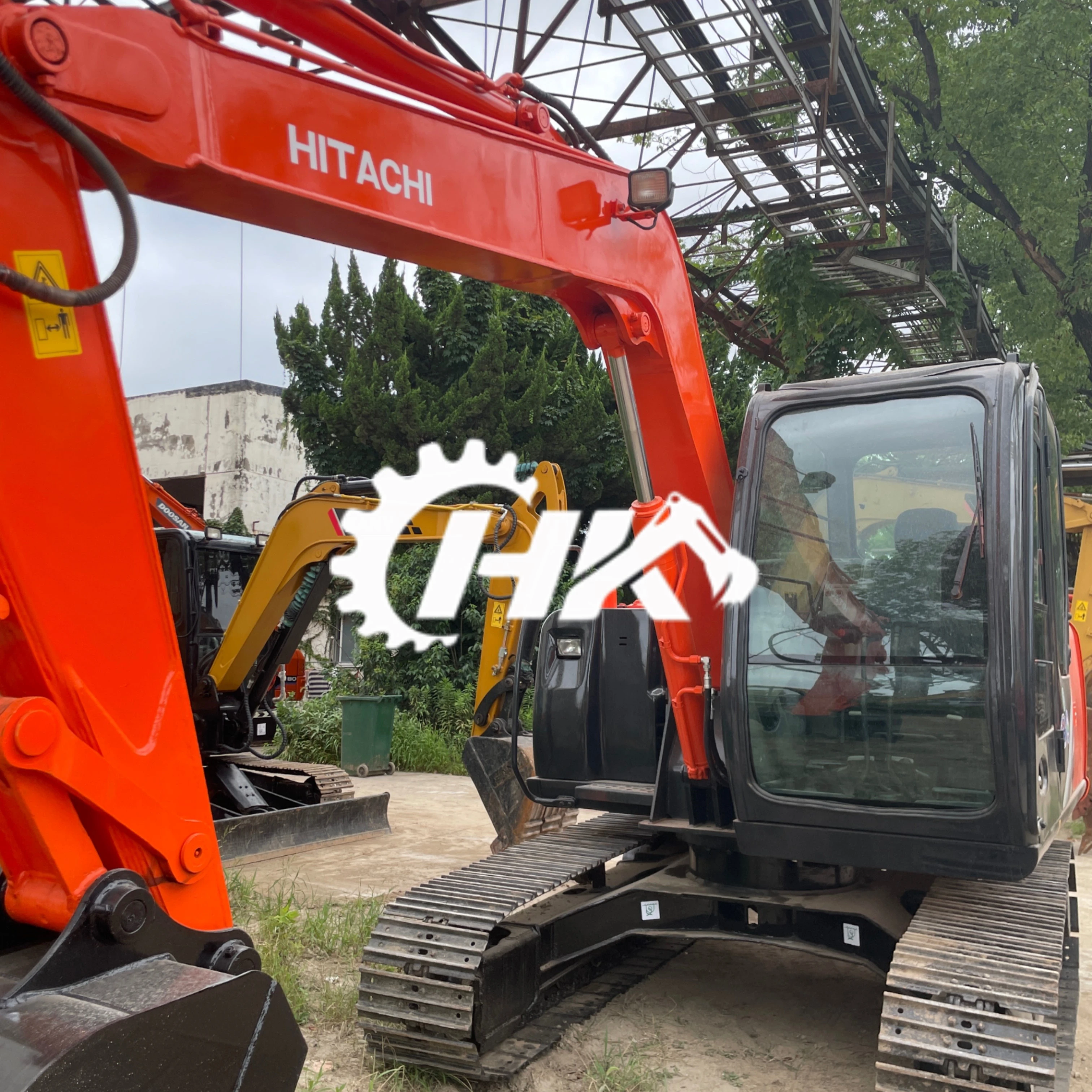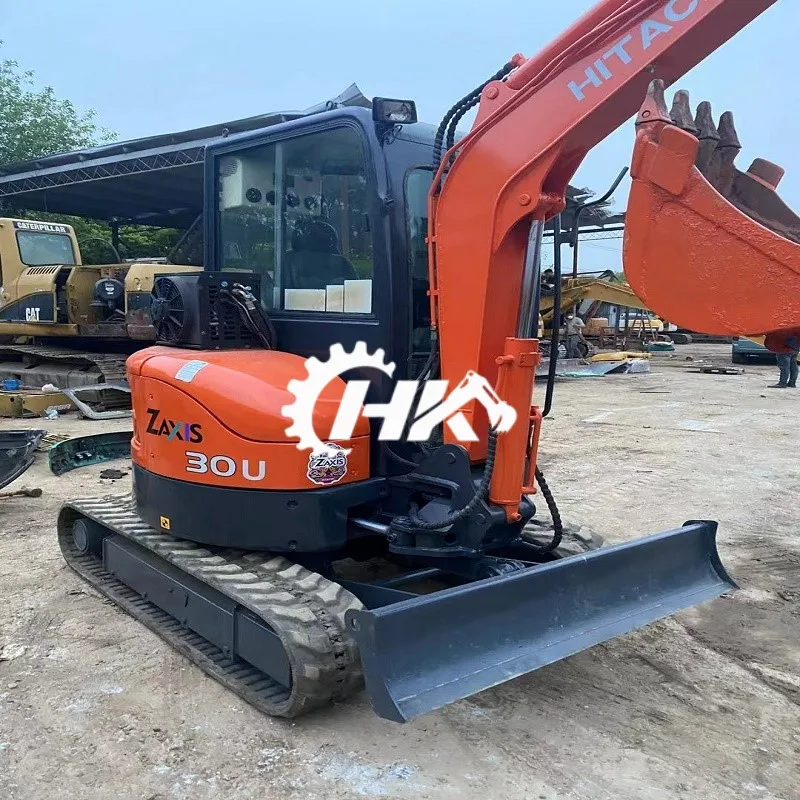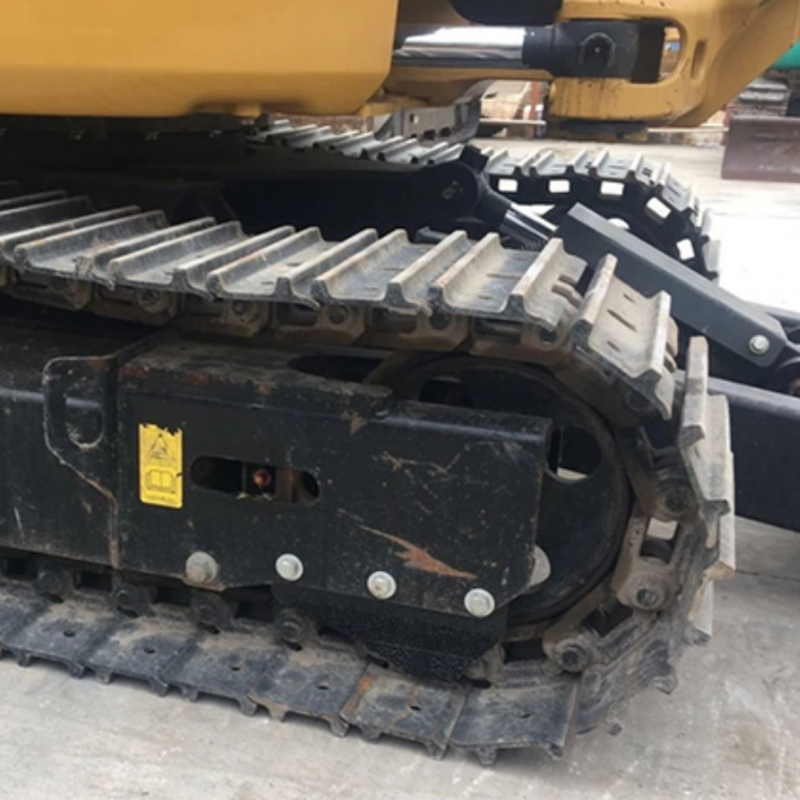They are used to dig out huge pits and wedge dirt when building large machines. They are used in factories and construction sites to build roads, houses, and other important structures. The Cat 320 is a popular type of excavator among heavy machinery users. A construction vehicle especially for this job is Hangkui's Cat 320 excavator. Once again, as it is designed to work quickly it can carry out a lot of different tasks in a short amount of time thus making it very useful for the workers.
When we refer to "fuel use" for a Cat 320 excavator, we are referring to the amount of fuel it requires to operate correctly. Points to remember: Fuel is like food for Cat 320; so it is very important. Just as we need food to give us energy to run and play, the Cat 320 needs fuel to do its work and pick up heavy things. Burning less fuel is a win-win because it’s better for the environment, but it also saves money for the choreworker brokering the service.
Cat 320 excavator is designed to utilize fuel efficiently – a feature referred to as "fuel-efficient. It has a unique feature called "auto idle. Using a little fuel-saving engine slowdown, or ‘intelligent idle', " This means that when the operator, or the person using the machine, isn’t using it for a time, the excavator automatically reduces the power of its engine to save fuel. This is critical as it keeps the excavator from burning fuel when it is sitting idle and not doing much heavy lifting.
The very first thing is to maintain the excavator. Regularly cleaning the machine, checking the oil regularly and addressing any issues immediately are essential. A properly maintained excavator operates more efficiently and consumes less fuel, and that also is a win-win situation for all parties.

Secondly, it is crucial to use the excavator rightly. Use the minimum amount of power needed to get to the task done You do not need all of the power that the excavator has if you are just digging a tiny hole, for example. It also uses less power so less fuel is burnt to generate this power, which is good for the environment and saves you money.

Third, the work can generally be planned to minimize fuel use. Operators must attempt to perform jobs that are geographically close. This means the excavator does not need to drive far between tasks. That, in turn, means less travel, less fuel, less cost to the operator and the environment.

The operator training program is another important component. This teaches operators how to operate the excavator so that it uses as little fuel as possible. They are taught how to be smart with the tools on the ground with respect to fuel efficiency without losing the effectiveness of the job.
Shanghai Hangkui Construction Machinery Co., Ltd. covers the area of 10,000 square metres. The company we work for is a reputable trading company dealing in consumo escavadeira cat 320. It has its own large location located in Shanghai, China.
We consumo escavadeira cat 320 formed partnerships with more than 100 shipping companies to offer high-quality transportation You can be assured that your equipment will arrive promptly and safely
We have experienced consumo escavadeira cat 320 personnel. The company provides an online warranty of one year. It also offers services like machine cleaning as well as inspections, maintenance and repairs prior to shipment so that you can be sure that the equipment is in the highest quality possible.
The company stocks thousands of excavator machines including Komatsu Hitachi and Volvo models in addition to Doosans Kubotas Hyundais Sanyis consumo escavadeira cat 320 and Kubotas
 ONLINE
ONLINE